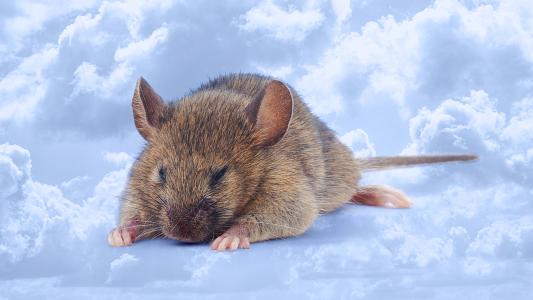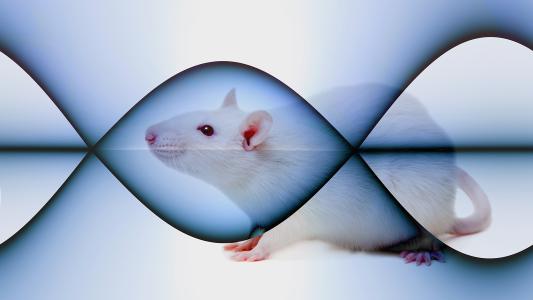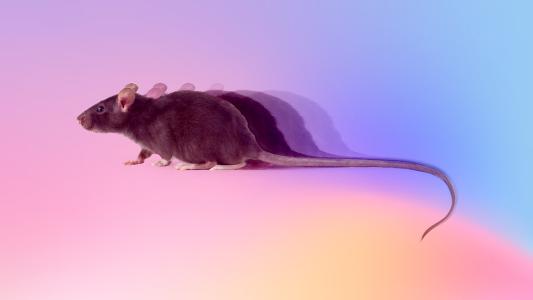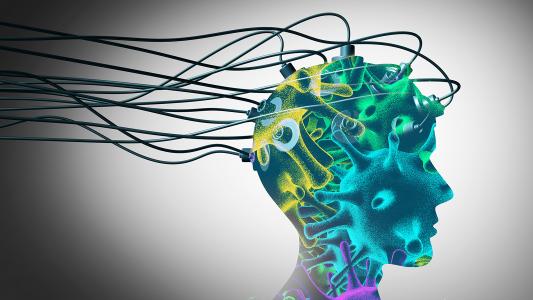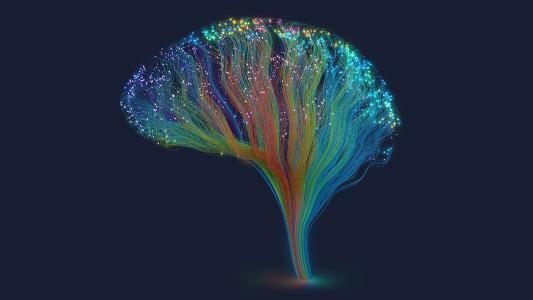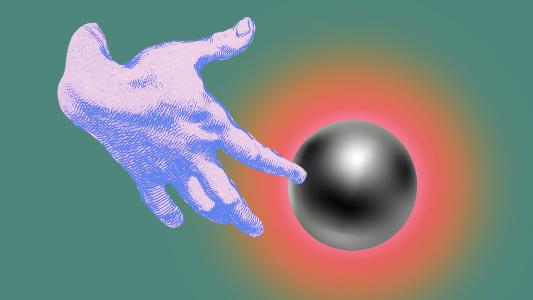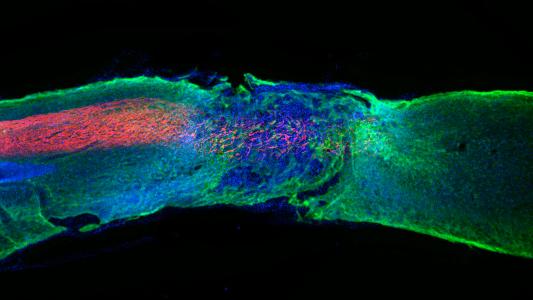Neuroscience
How a bedtime routine may affect your brain — and your sleep
A mouse study has yielded new insights into the effect of a bedtime routine on the brain, which could lead to new therapies for insomniacs.
Scientists use ultrasound to control brain cells in animals
Researchers have used ultrasound to trigger the brain cells of mice with a technique called sonogenetics.
Mutation protecting against Alzheimer’s edited into human cells
Scientists have used CRISPR to edit the "Icelandic mutation," which protects carriers against Alzheimer's, into human cells.
Researchers can predict rats’ behavior by reading their brains
A team at the University of Oregon have decoded the patterns of brain activity to predict basic actions in mice.
Researchers are testing neural stimulation as a long COVID treatment
Small pilot trials of two different types of external electrical brain stimulation suggest the technique may work as a long COVID treatment.
Blocking an immune system protein helped mice recover from brain injury
Blocking an immune system molecule that accumulates after traumatic brain injury could significantly reduce the injury’s detrimental effects
Brain wrinkles and folds matter – researchers are studying the mechanics of how they form
Brain folding is another poorly understood mechanism of the most complex known structure in the universe.
The DMT ‘elves’ people meet while tripping
Why do so many people encounter these 'elves' after smoking large doses of DMT?
Edison and Dali’s “creative nap” trick seems to actually work
Briefly entering the hypnagogic state appears to boost creative thinking, just like Thomas Edison and Salvador Dalí said it would.
“Dancing” molecules repair spinal cord injuries in paralyzed mice
A treatment for spinal cord injuries was able to reverse paralysis in mice by “dancing” to connect with cells near the site of the injury.
